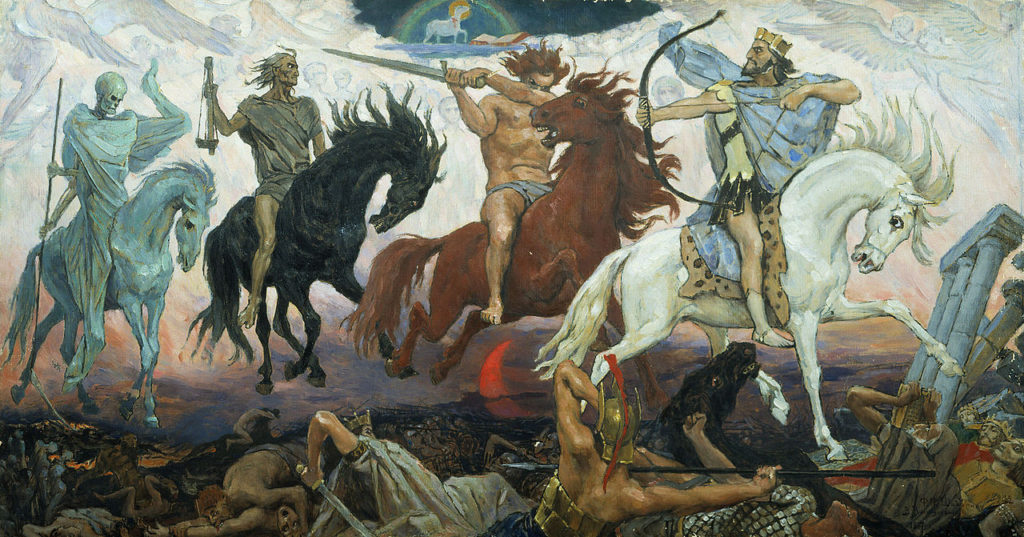Concern with Obesity, Fat-Shaming and Racism
People who don't know me well sometimes assume that it's easy for me to keep my weight down. This is completely untrue. I constantly watch what I eat. I constantly force myself to exercise and I make myself get on the scale several times each week. If I don't do these things I will gain 2 or 3 pounds per month. I've repeatedly and unwittingly run the experiment of not paying attention to my weight during my life. Each time I fall off the rails, I have had to call a stop to the nonsense and declare war on my fat. Over the past 30 years, this has led me to begin ever new rounds of weight loss boot camp (on my own, at home) where I've worked hard to lose 35, 20, and 20 pounds, as well as various smaller amounts of weight. I'm currently in yet another (minor) boot camp that will end when I lose 5 more pounds. This is my plight, my burden and my opportunity if I am going to maintain a body that feels good and fits my clothes. I also want to avoid risks of diabetes, cancer, heart disease, strokes and other illnesses associated with excess weight.
Whenever I find out that friends are trying to reduce their size, I encourage them and celebrate their successes with them. I silently applaud when I see obese people I don't know exercising at the park Good for them! I hope they reach their goals!
Increasingly, however, the excesses of the "body positivity" movement invade my thought process, occasionally making me do mental double-takes. Body positivity is a double-edged sword:
On the one hand, body positivity—the attitude associated with the movement—aims to try to help overweight and obese people (especially women—see also, fat feminism—and sometimes, when intersectionally analyzed, specifically black women) accept themselves and their overweight status as they are so that negative emotions are not tied up with it. This, of course, has the direct benefit of helping people not feel bad about themselves for a state of facts about the world (weight, BMI, body fat percentage, etc.), which can be demotivating and hinder weight loss attempts (or, which can just be mean and bullying—see also, fat shaming).
On the other hand, body positivity tends to rather aggressively deny any connection between weight status, including obesity, and health (see also, healthism). It rejects such connections as a “medicalized narrative” (see also, regulatory fiction). This rejects mountains of medical evidence suggesting otherwise, that being overweight and especially obese correlates strongly with and causes a number of serious health issues. This view relies upon seeing body weight status and obesity ultimately as a social construction that is used to create an unjust power dynamic that discriminates against and oppresses fat people. Activism in the body-positive movement often encourages overweight people not to want to lose weight (sometimes as a means of identity politics—see also, identity-first), which is irresponsible, at best (e.g., a book in the movement is titled You Have the Right to Remain Fat).
I agree with the benefits of body positivity described above. Overweight people should not be shamed. They should not be shunned. Doing these things is cruel and destructive. We should recognize every other person to be a precious human being. It all starts with I and Thou, Martin Buber's version of the golden rule.
That said, how can it possibly be bigoted when I work hard to be healthy and look better by losing weight. How can I possibly be acting out of bigotry to the extent that I encourage others to reach their weight loss goals? It's not. For background, see this article on Woke attitudes toward obesity at New Discourses. This is shut-up ("Woke") culture doing what it does best: halting important and necessary conversations under the guise of combating alleged discrimination. Today's excess is an article by CBS featuring a sociology professor who claims that concern with obesity is veiled racism.





